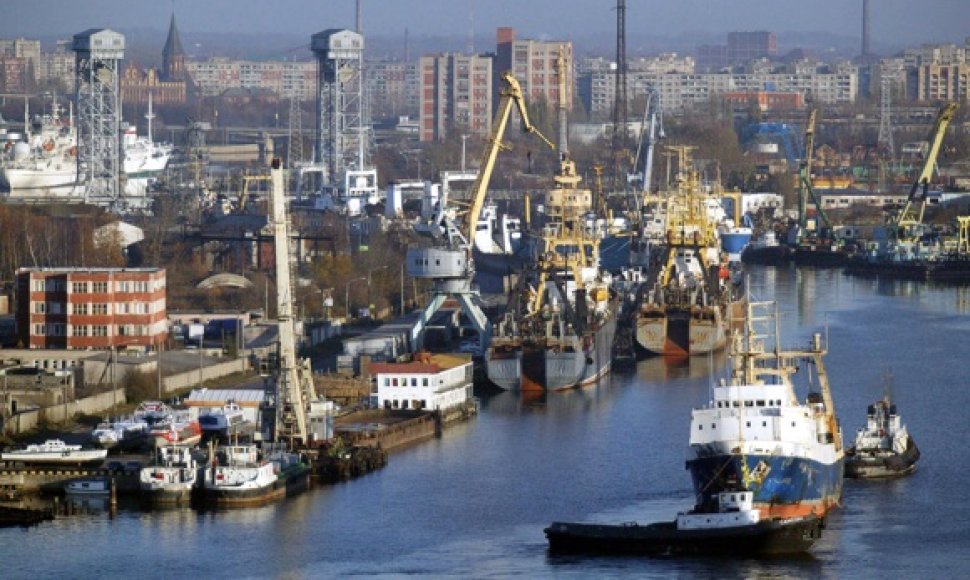The program has been granted 176 million euro in funding. However, no projects have been implemented so far. Lithuania had been blaming Poland's Regional Development Ministry, the appointing leading institution, for that. Problems of the programme were discussed at a meeting in Brussels earlier this week.
"There were serious pitfalls. In our opinion, the leading institution – the Polish Regional Development Ministry – showed too little initiative. However, there has been some progress after the intervention of the European Commission and the meeting in Brussels," Gediminas Cesonis of the Interior Ministry told BNS.
The Polish ministry is responsible for the ongoing program's management and finances, various technical tasks, such as conclusion of treaties, paperwork and invitations.
"There are no pitfalls now, we were able to settle all key matters, decisions have been made in connection to the projects that were selected in the first call for project applications and the documentation for the second call. We have also solved the issues related to implementation of large-scale projects, which were selected in 2010," said Cesonis, director of the Regional Policy Strategic Coordination Division at the ministry's Regional Policy Department.
Approved in 2009, the programme is aimed at encouraging cooperation between border regions of Lithuania, Poland, and Russia's Kaliningrad. Joint projects should cover environment, tourism, education, local and regional transport infrastructure and border crossing points development, as well as contribute to improvement of competitive abilities of small- and medium-sized businesses and transfer of good management experiences. Water purification equipment at Nemunas are among the projects.
In Cesonis' words, the approved projects will be reviewed by the European Commission's experts over the next few weeks. Applicants will be informed about selected projects and relevant contracts will be signed. Some 60 million euros worth of projects are planned for the first phase.
The meeting in Brussels resulted in an agreement that the second call for applications will be announced on February 27.












